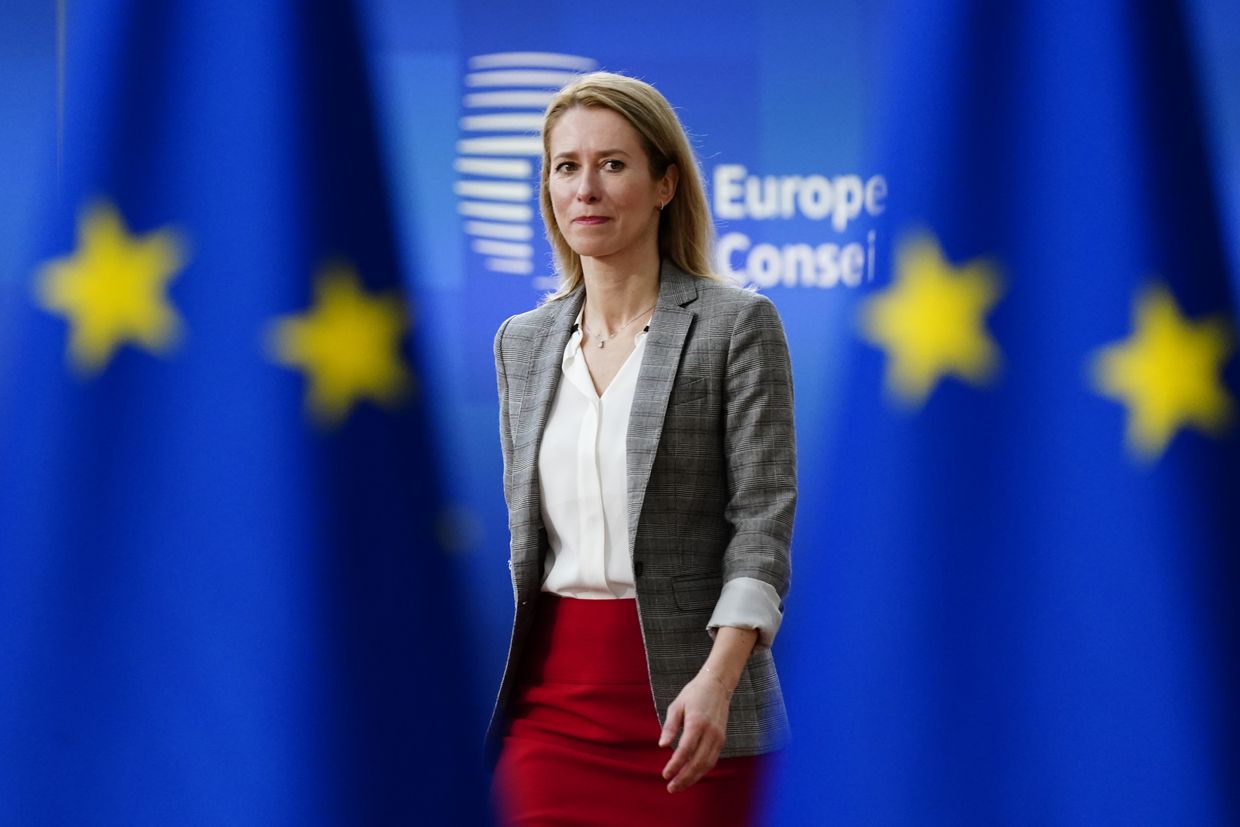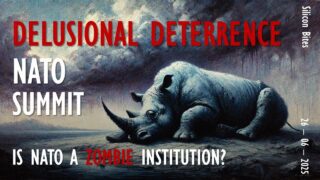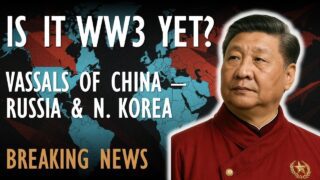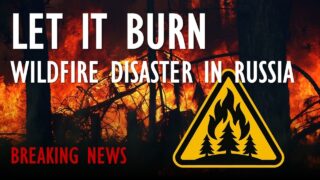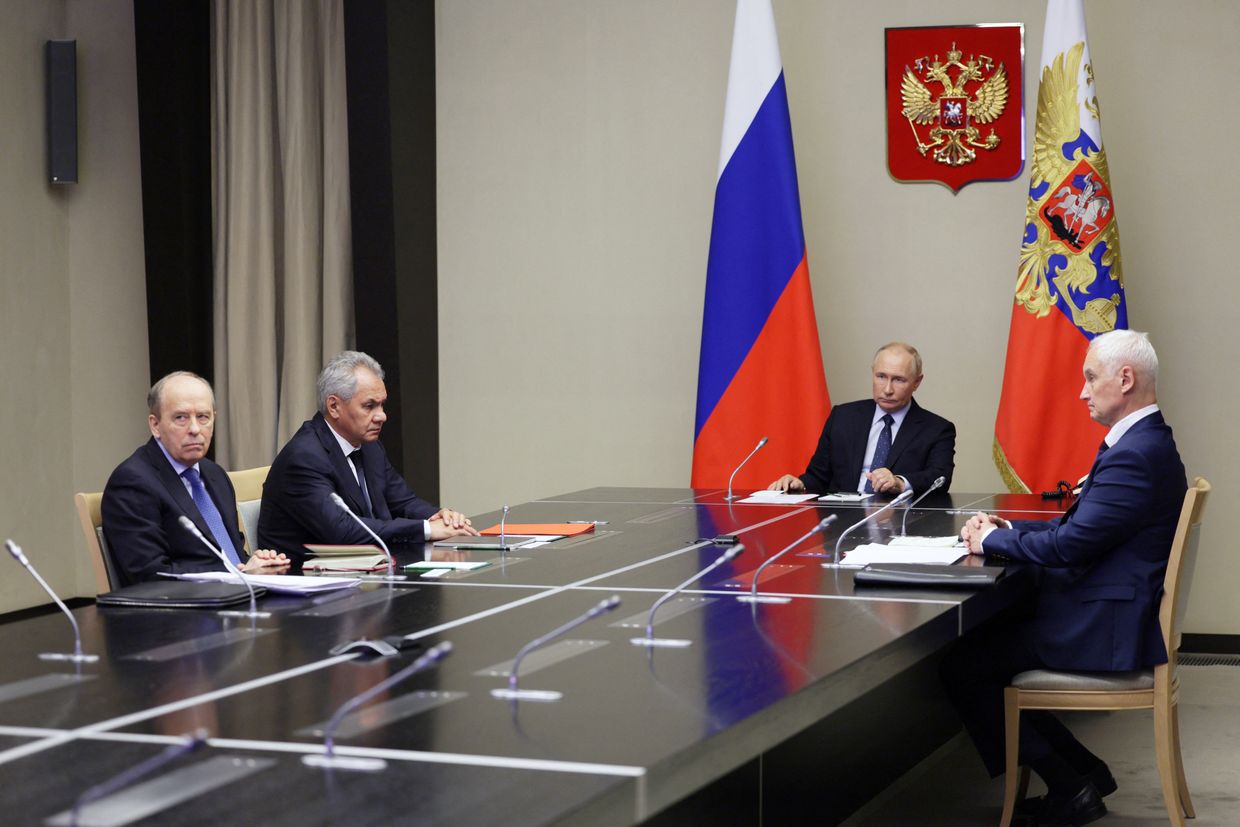
Ukraine war latest: Russia sets goal to fully occupy 4 Ukrainian regions in 2025
Key developments on Dec. 16:
- Russia sets 2025 goal to fully occupy 4 Ukrainian regions, Defense Minister says
- 'It's a tough one,' Trump says following questions on how he plans to stop Russia's war against Ukraine
- Ukraine possesses laser weapons, advanced drone technologies, commander says
- North Korean troops suffer casualties in Russia’s Kursk Oblast, Pentagon says
- Russia must be ready for potential conflict with NATO 'within 10 years,' defense minister says
- EU will train 75,000 Ukrainian soldiers by early 2025, chief diplomat says
Russian Defense Minister Andrei Belousov said during a Defense Ministry meeting on Dec. 16 that Moscow aims to seize the entirety of Ukraine's Donetsk, Luhansk, Kherson, and Zaporizhzhia oblasts in 2025.
Speaking at a Defense Ministry meeting, Belousov reiterated Russia's commitment to achieving what he described as the "goals announced by President Vladimir Putin in June."
"In 2025, Moscow plans to achieve victory in the war," he added.
On June 14, Putin stated that Russia would agree to a ceasefire and peace talks only if Ukraine withdrew from the four Ukrainian oblasts and formally abandoned its aspirations to join NATO.
Putin's additional demands include recognizing Crimea and Sevastopol as part of Russia.
"As soon as Kyiv declares readiness for such a decision and begins a real withdrawal of troops, as well as officially abandons its NATO ambitions, we will immediately cease fire and begin negotiations," Putin said at the time.
Despite Russia's claims, large portions of these regions remain under Ukrainian control. Regional capitals Kherson and Zaporizhzhia are firmly held by Ukraine, while Moscow occupies parts of Donetsk and Luhansk, territories it initially invaded in 2014.
During the Dec. 16 meeting, Belousov also emphasized the need for Russia to prepare for potential conflicts with NATO within the next decade.
Putin's declaration of the illegal annexation of Donetsk, Luhansk, Kherson, and Zaporizhzhia oblasts in September 2022 was widely condemned internationally.
The Kremlin continues to struggle in its attempts to secure full control over these regions amidst fierce Ukrainian resistance.
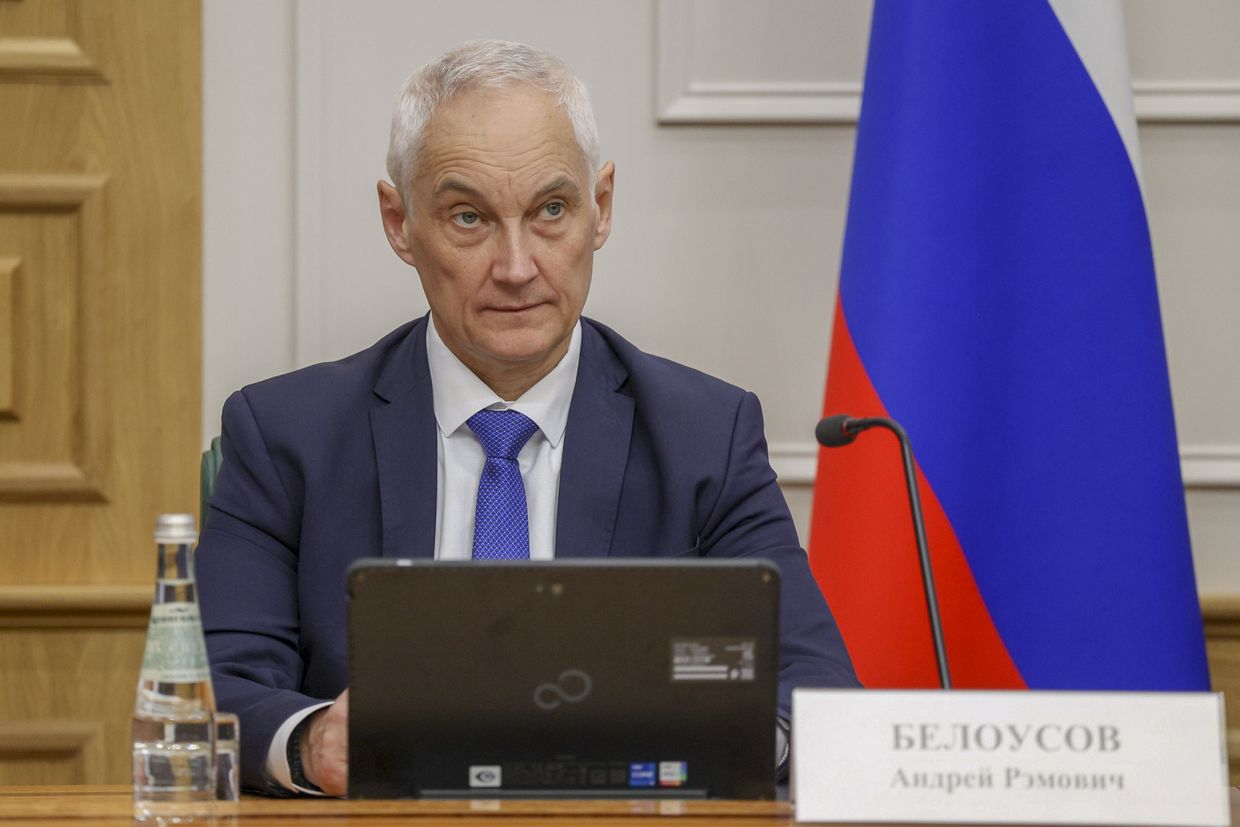

'It's a tough one,' Trump says following questions on how he plans to stop Russia's war against Ukraine
President-elect Donald Trump expressed his intent to make “a little progress” in ending the war in Ukraine at his first news conference since winning the presidential election.
Speaking from Mar-a-Lago on Dec. 16, Trump described the conflict as “horrible” and emphasized the urgent need to stop it.
“We’re trying to get the war stopped, that horrible, horrible war that’s going on in Ukraine, Russia, Ukraine,” Trump said.
He added, “We’re going to get a little progress. It’s a tough one, it’s a nasty one, it’s nasty.”
The President-elect criticized the high human cost of the conflict, claiming the death toll “on both sides” is likely far higher than reported.
Trump attributed the heavy casualties to Ukraine’s flat terrain, adding that “the only thing that stops a bullet is a body, a human body.”
Trump confirmed he had not invited President Volodymyr Zelensky to his January inauguration but noted that Zelensky would be “welcome” if he chose to attend.
The president-elect previously met with Zelensky and French President Emmanuel Macron in Paris on Dec. 7 to discuss the war.
According to Reuters, the meeting did not yield a specific peace plan, though Trump called for an immediate ceasefire, while Zelensky underscored the need for security guarantees.
Meanwhile, the Biden administration is racing to deliver additional aid to Ukraine, announcing a $988 million military aid package on Dec. 7.
However, Trump has signaled plans to reduce such assistance once in office to push Ukraine into negotiations that could include territorial concessions.
Although critical of Biden’s decision to allow Ukraine to use U.S. ATACMS missiles against Russian territory, Trump reiterated that he does not plan to “abandon” Ukraine.
Instead, he aims to use U.S. support as leverage to pressure Kyiv and Moscow to reach a peace agreement.
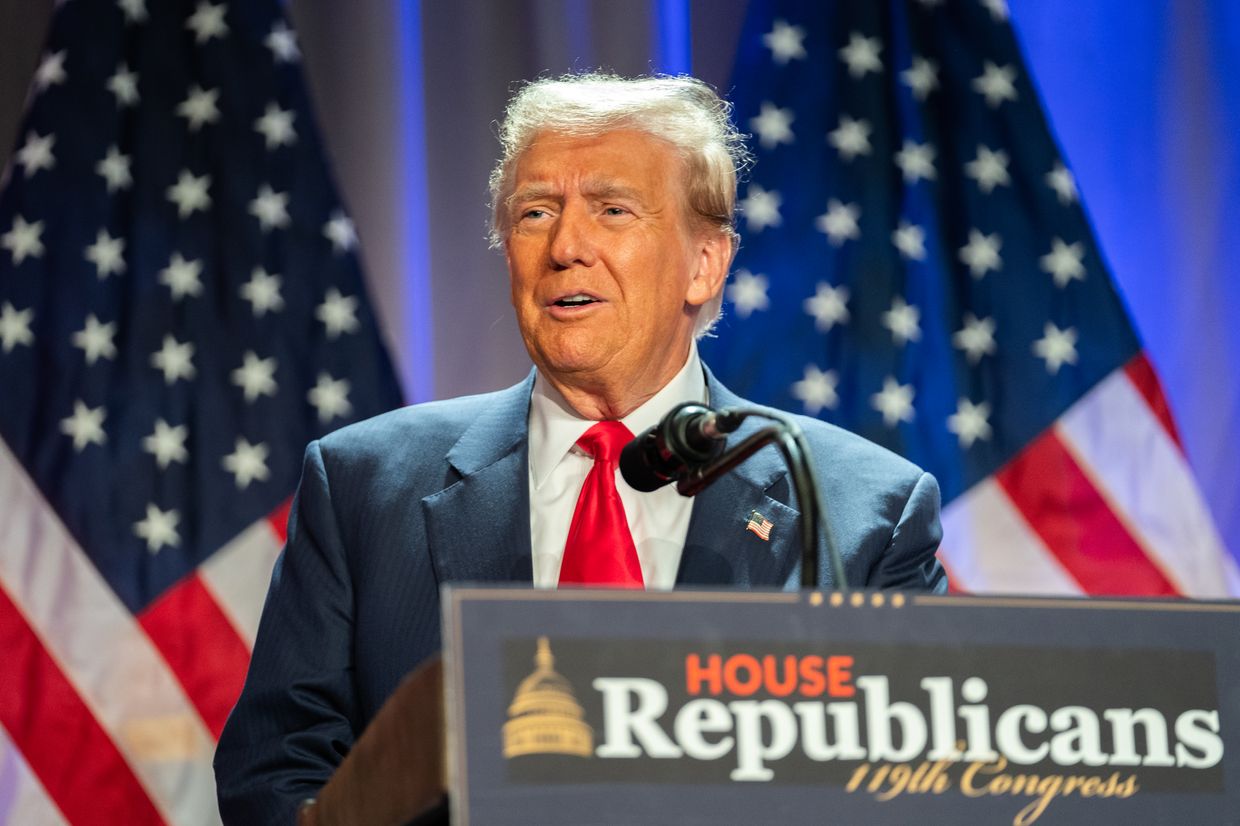

Ukraine possesses laser weapons, advanced drone technologies, commander says
Ukraine is now among the nations with laser weapon capabilities, Colonel Vadym Sukharevskyi, commander of the Unmanned Systems Forces, announced on Dec. 16, as reported by Interfax-Ukraine.
Speaking at the "European Defense Industry: Prospects for Cooperation with the Ukrainian Defense Industry" conference, Sukharevskyi said Ukraine's laser system, called Tryzub, can down aircraft at altitudes exceeding 2 kilometers.
"This laser is real and operational," he emphasized, adding that efforts are underway to scale up its capabilities.
The Kyiv Independent couldn't immediately verify Sukharevskyi's claim.
Sukharevskyi also discussed the development of "mother drones," or "queen drones," which carry two FPV (first-person view) light attack drones.
These drones, capable of flying over 70 kilometers into enemy territory, serve as repeaters and hit deep targets. He described this innovation as a "breakthrough" in Ukraine's drone technology.
The Unmanned Systems Forces, established less than six months ago, already include combat and research units operating across air, land, and sea.
Ukraine's defense industry has gained momentum since Russia's full-scale invasion in February 2022.
Defense Minister Rustem Umerov recently announced the serial production of Palianytsia, a lightweight missile-drone hybrid, further advancing Ukraine's military capabilities.
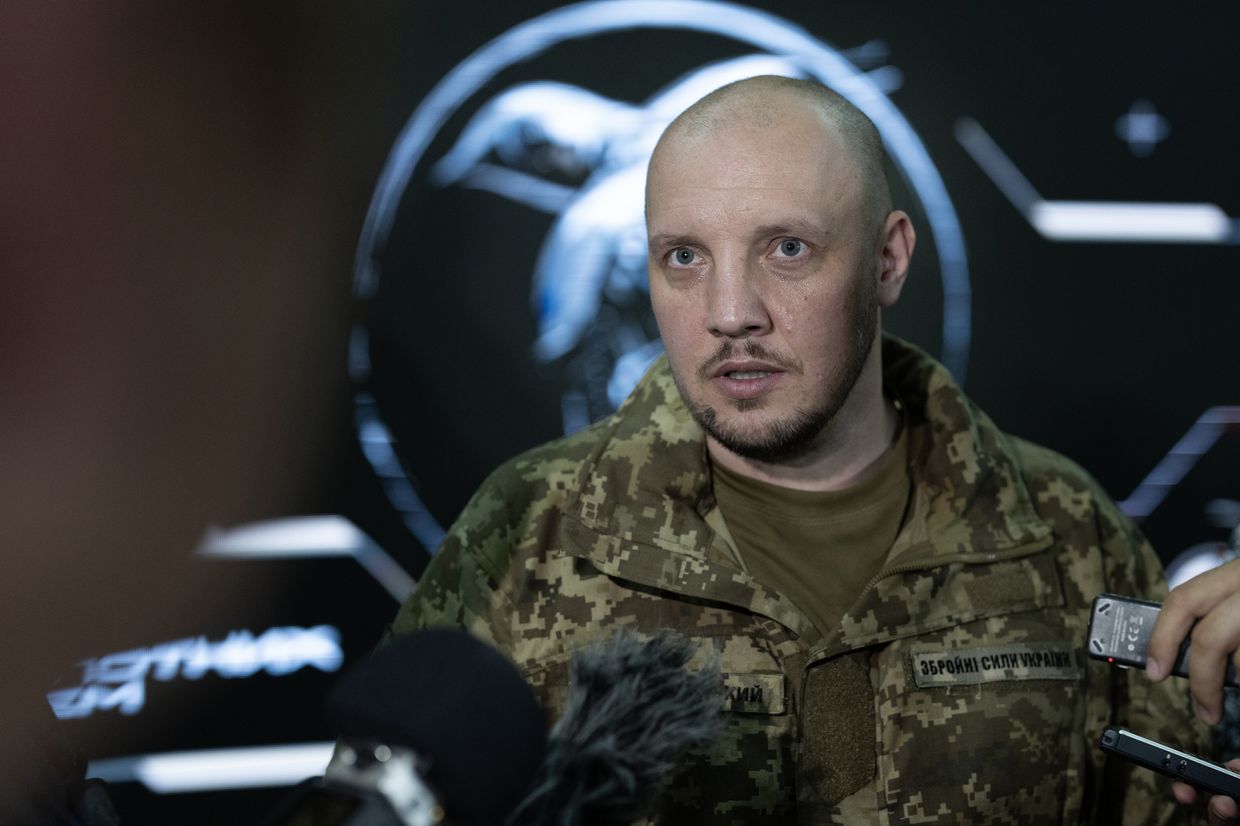

North Korean troops suffer casualties in Russia’s Kursk Oblast, Pentagon says
North Korean troops have joined combat operations in the Kursk Oblast, marking the first confirmed engagement of North Korean soldiers alongside the Russian military, Pentagon spokesperson Major General Patrick Ryder said on Dec. 16.
"We do assess that North Korean soldiers have engaged in combat in Kursk. We have indications that they have suffered casualties, both killed and wounded," Ryder said, as reported by Reuters.
While the U.S. lacks precise casualty figures, Ryder added that North Korean troops began combat operations last week.
Ukraine's military intelligence (HUR) claimed that at least 30 North Korean soldiers were killed or wounded during assault operations near the villages of Plekhovo, Vorozhba, and Martynovka on Dec. 14-15.
Fresh reinforcements from North Korea's 94th Separate Brigade are reportedly being deployed to replace the losses.
The HUR also alleged that a "friendly-fire" incident on Dec. 14 resulted in North Korean troops killing eight Russian soldiers.
The Kyiv Independent could not independently verify HUR's claims.
North Korean soldiers have been present in Kursk Oblast since October, initially serving in support roles.
Their recent participation in ground assault operations reflects a deepening military collaboration between Pyongyang and Moscow amidst the ongoing war in Ukraine.
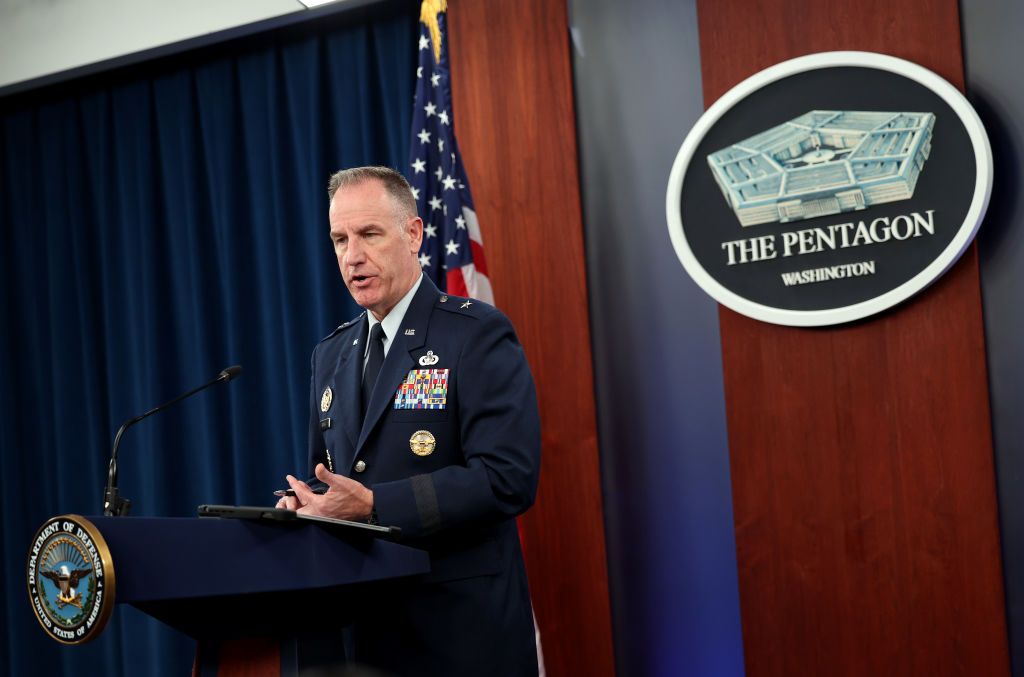

Russia must be ready for potential conflict with NATO 'within 10 years,' defense minister says
Russia should prepare for multiple scenarios, including a war with NATO, in the next 10 years, Russian Defense Minister Andrei Belousov said during a Defense Ministry meeting on Dec. 16, the Interfax news agency reported.
Speaking about a possible confrontation with the alliance, Belousov pointed to unspecified changes in NATO countries' doctrines and conclusions reached during the Washington summit in July.
“(Preparing for war) is indicated by the decisions that were made at the North Atlantic Alliance summit held in July of this year. This is also reflected in the doctrinal documents of the United States and other NATO countries," Belousov said.
During NATO’s 75th-anniversary celebration and summit in July, Ukraine received more air defense systems, $43 billion in funding, a NATO representative in Kyiv, and new bilateral security agreements, as well as the pledge that its path toward membership is "irreversible."
Tensions between NATO and Russia have been mounting since the allied countries began providing arms and other support to Ukraine after the outbreak of the full-scale invasion. Moscow has issued a number of veiled and overt threats to the West over its support for Kyiv, including warnings of a possible nuclear response.
Multiple Western officials have raised warnings about a possible open clash with Russia in the coming years, with NATO leaders calling for increasing the defense spending benchmark from 2% to 3% of gross domestic product.
Speaking at the meeting, Belousov claimed that Ukraine lost "almost 1 million people" during the full-scale war, a figure much higher than the numbers provided by Kyiv and the Western media.
President Volodymyr Zelensky said that Ukraine suffered 43,000 soldiers killed and 400,000 injured, while The Economist estimated Kyiv's casualties at 60,000-100,000 killed and 400,000 injured.
Belousov also announced the planned creation of a military branch dedicated to unmanned systems, which should be finalized in the third quarter of 2025. Ukraine already established the Unmanned Systems Forces in September this year.
Russian President Vladimir Putin also spoke at the meeting, accusing the West of "pushing Russia to a red line from which we can no longer retreat." He further said that NATO is increasing its military presence near the Russian border and in other regions of the world.
The Kremlin's chief went on to accuse the U.S. of preparing a deployment of missiles with a range of "up to 5,500 kilometers" in Europe and the Asia-Pacific region, saying that Russia will lift "all restrictions" on the deployment of its own weapons if Washington takes this step.
Russia withdrew from multiple treaties on nuclear arms during the full-scale war and deployed a new intermediate-range ballistic missile, Oreshnik, in a strike against Dnipro in November.
Putin also claimed that Russian forces had conquered 189 settlements in Ukraine this year and that "over 1,000" people sign contracts with Russia's Defense Ministry every day to join the war.
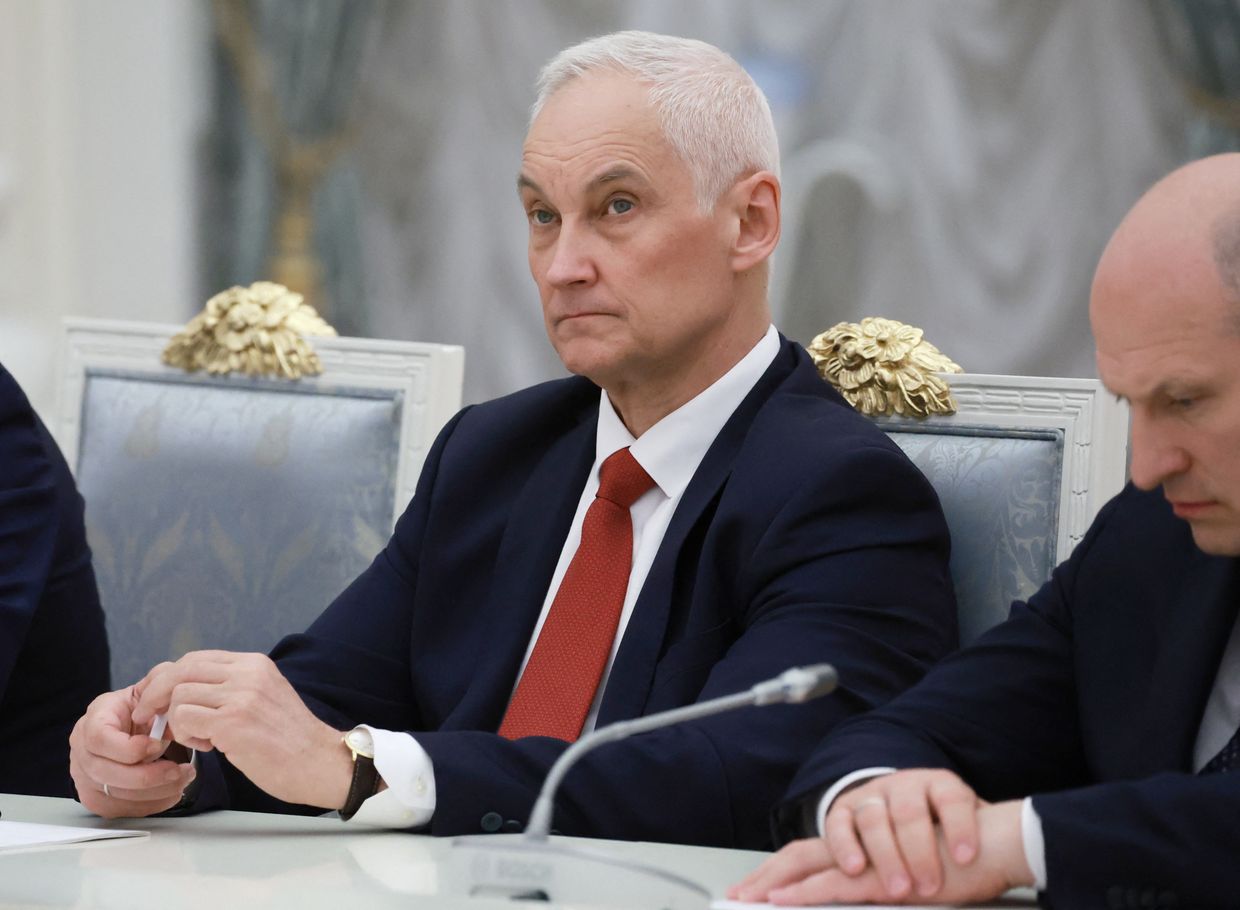

EU will train 75,000 Ukrainian soldiers by early 2025, chief diplomat says
The European Union will train 75,000 Ukrainian military personnel as part of its EUMAM training mission by February 2025, EU chief diplomat Kaja Kallas announced at a press conference following the Foreign Affairs Council on Dec. 16.
"The EU must continue supporting Ukraine militarily. By the end of winter, the EU will have trained 75,000 Ukrainian service members," Kallas said.
Kallas also highlighted that the EU has provided Ukraine with 4.2 billion euros in budget support this month and will begin allocating 1.5 billion euros monthly starting January 2025.
Kallas emphasized the importance of further aid, echoing Ukrainian Foreign Minister Andrii Sybiha's call during the ministerial meeting for increased ammunition supplies, stronger air defenses, and expanded support for Ukraine's defense industry.
"We must give Ukraine what it needs to win the war," Kallas stressed.
Launched in October 2022, the European Union Military Assistance Mission in support of Ukraine (EUMAM) has already trained approximately 60,000 Ukrainian troops as of August 2024, primarily in Germany and Poland.
The mission focuses on improving the operational capabilities of Ukrainian forces to bolster their resistance against Russia's aggression.
The EU's previous top diplomat, Josep Borrell, hailed EUMAM as the "most successful training mission the EU has ever launched."
With this expanded commitment, the EU continues to strengthen its military support for Ukraine as the war enters its third winter.
